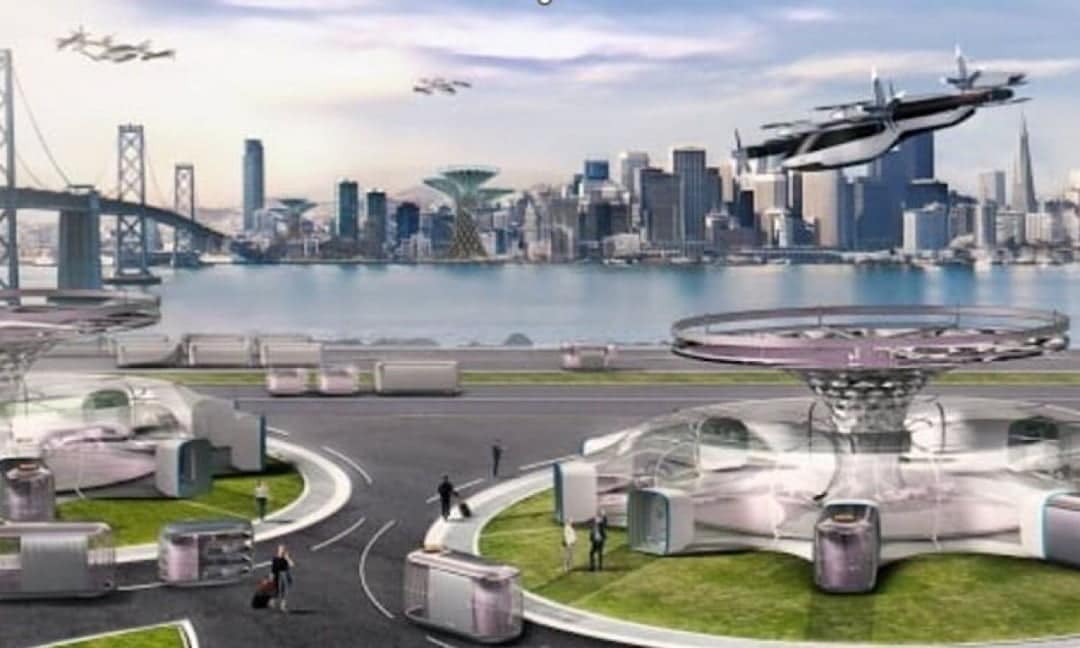The Korea Herald newspaper reports on a real "race for leadership in the flying car and taxi market" unleashed in South Korea. Three large groups in the country (SK Telecom, Hyundai Motor Group and Kakao Mobility) have opened hostilities. The three companies announced their commercial proposals to participate in the K-UAM Grand Challenge, a government-led program to select an operator in the urban air mobility.
A race, indeed: a flight against time
The opportunity is (literally) to be taken on the fly. The flying car and taxi sector is expected to exceed $ 1,4 trillion (1.800 trillion won) by 2040. For this reason, companies interested in dominating urban air mobility are aiming to start the process of collaboration with the government to launch already in 2025 the respective commercial services.
In the report of the Korean newspaper (that I link to you here) the consortia in formation of the main players are described, with their respective strengths.
SKT leverages its experience in managing 4G and 5G communications. Hyundai obviously focuses on the production capacity of the vehicles. Kakao Mobility is strong on the data platform and taxi booking and management services.
They could win on their own, or maybe join forces.
Taxis and flying cars, it's still far west. Who will get it?
The absence of concrete regulations or legal infrastructure for the urban air mobility business in Korea makes everything very uncertain. Many think (and I with them) that it is still too early to predict who will come out on top by launching their service.
The Ministry of Transport, as mentioned, will select a single commercial operator. A super partner who will work with the government on demonstration tests, and verifying the telecommunications infrastructure to move the fleets of aircraft.
The “chosen one” will manage the actual service in urban areas in 2024, and then will start its commercialization from 2025. It is already tomorrow.


